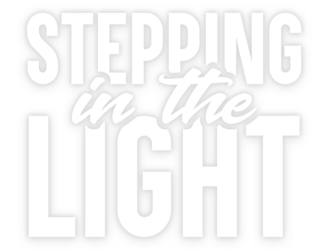“And he said, Open the window eastward. And he opened it. Then Elisha said, Shoot. And he shot. And he said, The arrow of the LORD’S deliverance, and the arrow of deliverance from Syria: for thou shalt smite the Syrians in Aphek, till thou have consumed them.” II Kings 13:17
As the prophet Elisha lay on his deathbed, the king of Israel came to visit him. While he was there, Elisha asked the king to shoot an arrow out the window. Elisha placed his hands on the king’s hands as he prepared to shoot. As the king let the arrow fly, the prophet said that it was “the arrow of the Lord’s deliverance from Syria.” Elisha told the king that he would defeat the Syrians in Aphek until they were consumed. Then Elisha asked him to take an arrow and strike the ground. The king apparently did not understand the significance of this strange ritual, but Elisha was testing him to see the level of resolve that he had to defend his people against the Syrians. When he struck the ground only three times, Elisha became angry. Elisha knew that three victories in battle would not be enough to completely destroy the Syrians, and they would eventually come back and defeat the Israelites.
We are prone to become satisfied with partial victories in our Christian lives. Winning a skirmish or two against the devil does not indicate complete victory. We must be willing to keep fighting until the war is won. Paul said in II Timothy 4:7, “I have fought a good fight, I have finished my course….”
Morning: II Kings 13-14
Evening: John 2

